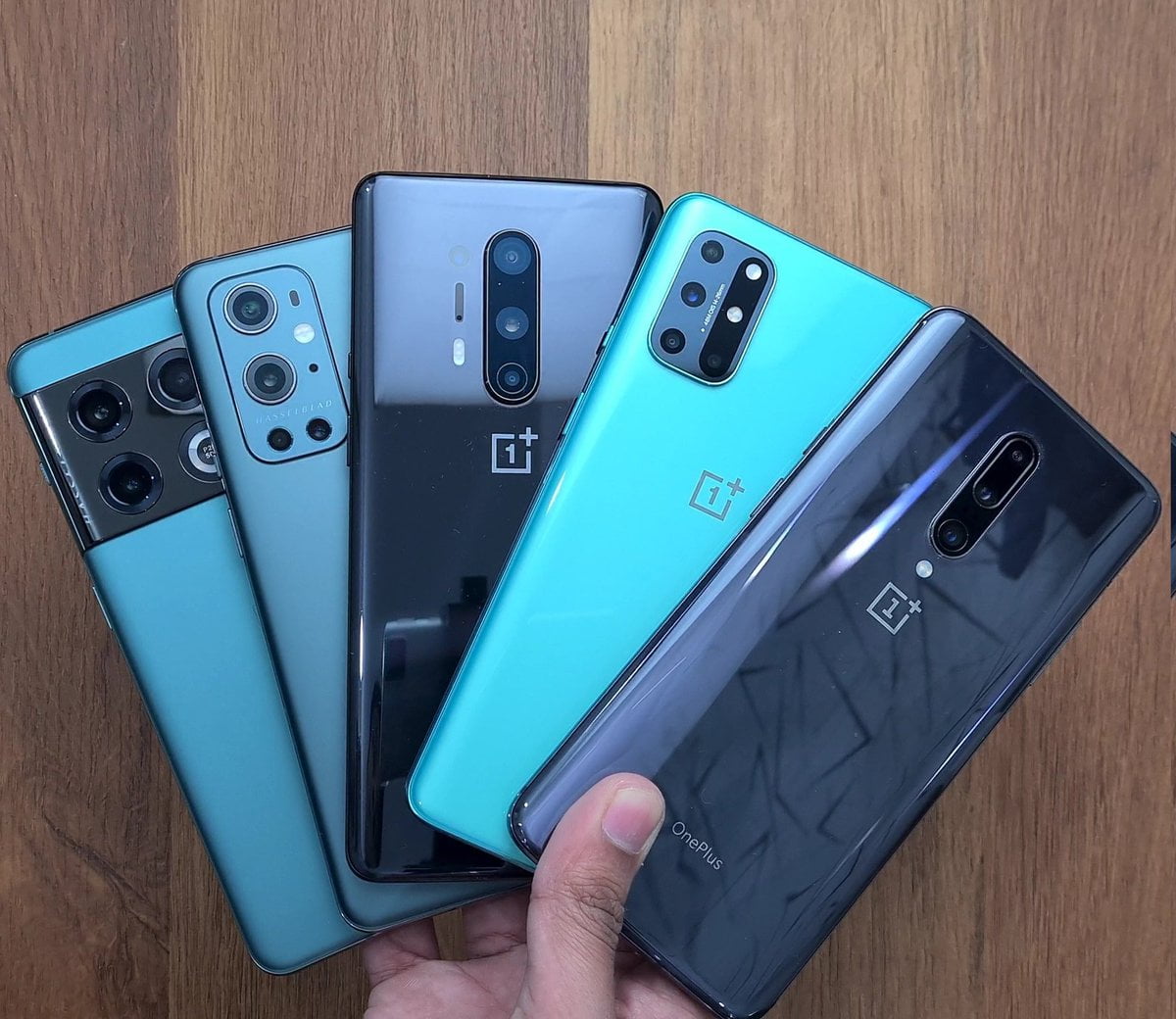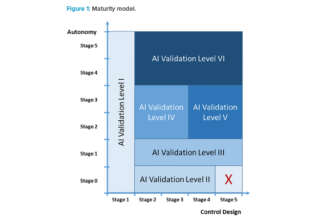
In fresh sparring among telecom players, major differences have emerged in the industry over the government’s proposal to impose uniform annual spectrum charges at reduced rate of 4.5 per cent on all players over revenue earned by them from telephony services.
While industry body COAI has cited a study showing reducing SUC by 1 per cent can increase GDP by about Rs 1.76 lakh crore, another telcos lobby AUSPI has cited loss of about Rs 1.65 lakh crore to national exchequer if government meets the former’s demand.
COAI, which represents operators like Airtel, Vodafone, Idea Cellular, has written to Telecom Secretary J S Deepak demanding uniform spectrum usage charge on all companies, but at 3 per cent level.
It has said that one of its members, Reliance Jio Infocomm, has differed on its view.
“It is submitted that except for one of the Telecom Service Providers, the entire industry strongly believes that a uniform fee would not only result in a level playing field but will also remove the ambiguities, arbitrages and their misuse,” COAI Director General Rajan S Mathews said in the letter dated May 4.
Reliance Jio did not comment on the latest move of COAI but earlier it had opposed uniform SUC on telecom operators as demanded by the industry body.
Opposing the COAI’s demand, AUSPI, which represents Reliance Communications and Tata Teleservices, said, “The proposal of ex post-facto reduction in SUC rate (at 3 per cent) is not only against the principle of transparency and level playing field, but benefiting only few operators acquired large quantum of spectrum in previous auctions.”
“Proposal of government to have flat rate of SUC for all type of spectrum will lead to a loss of more than Rs 1.65 lakh crore to the government over a period of 20 years and gain to a handful of incumbent operators who have been holding a large amount of spectrum acquired administratively,” AUSPI General Secretary Ashok Sud said in a letter to Telecom Minister Ravi Shankar Prasad and Deepak.
COAI has cited a study by Deloitte which says beside increasing GDP, reducing SUC by 1 per cent can reduce number of people below poverty line by 4.7 per cent.
The present level of SUC collection by government is around 4.69 per cent of revenues earned by companies from mobile phone services.
Telecom regulator Trai has recommended SUC at uniform rate of 3 per cent across the industry and gradually bring it to 1 per cent.
SUC was earlier linked to quantum of spectrum held by an operator and varied between 3-8 per cent of adjusted gross revenue.
Telecom operators in January 2014 were asked to pay the
weighted average of their existing SUC (on old rate of 3-8 per cent), and 5 per cent if they acquire new spectrum.
Telecom operators provide mobile services using various spectrum bands — 800 Mhz (2G,4G), 900 Mhz (2G,3G,4G), 1800 Mhz (2G,4G), 2100 Mhz (3G), 2300 Mhz (4G) and 2500 Mhz (4G).
According to a source, technical committee at Department of Telecom has suggested levying 4.5 per cent uniform SUC on all operators as it is not possible to ensure their earning from any particular spectrum band for service like 4G.
Trai recommended SUC at uniform rate of 3 per cent across the industry and gradually bring it to 1 per cent.
“As per the GSMA report, even at 1 per cent AGR, tax neutrality will be achieved by 2017,” COAI said.
AUSPI alleged that recommendations of Trai on SUC in September 2013 were given suo-moto just to benefit few incumbent operators.
Inter-ministerial panel Telecom Commission (TC) has decided to take legal opinion on the issue and discuss it along with the technical committee report in the next meeting.
Reduction in SUC by 1 per cent can lead to increase in economy wide investments of about Rs 58,000 crore, tax revenues by Rs 28,000 crore, 3G penetration by 2.3 crore connections and mobile revenues next of tax by Rs 14,600 crore, COAI said citing the Deloitte report.
Reliance Jio has contested this view as it pays only 1 per cent SUC on its spectrum in 2,300 Mhz band and proposal to levy 3 per cent fee would put extra burden on the company.
However, Bharti Airtel, also holding spectrum in 2,300 Mhz band, favours uniform levy, according to COAI submission.








